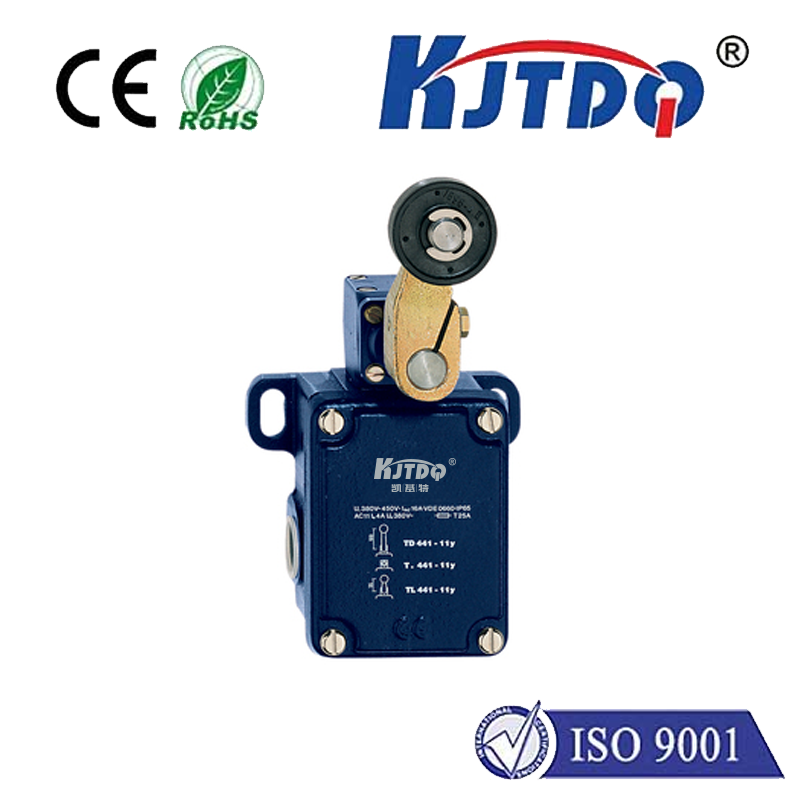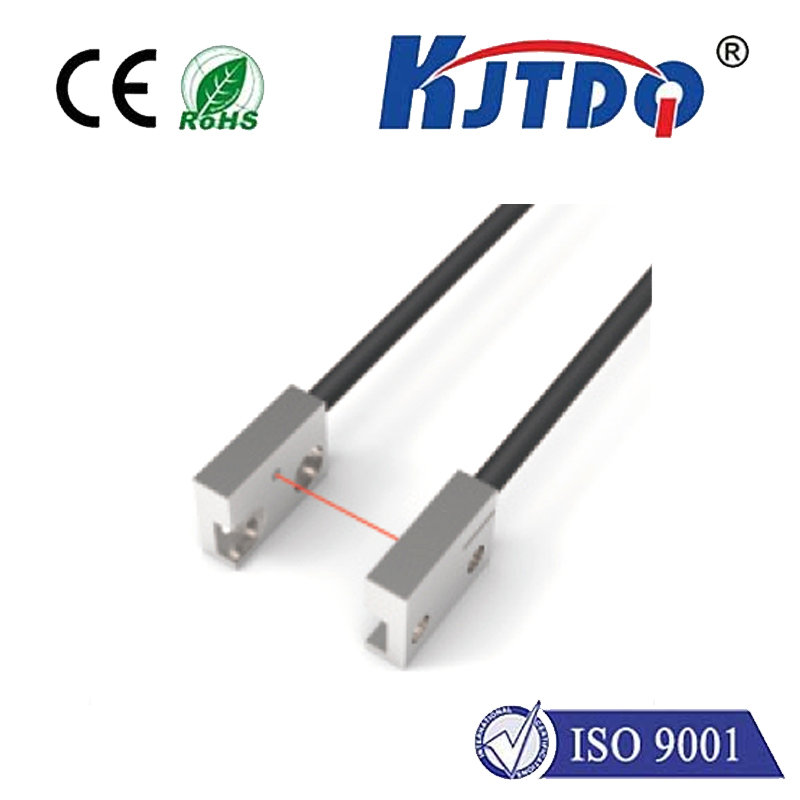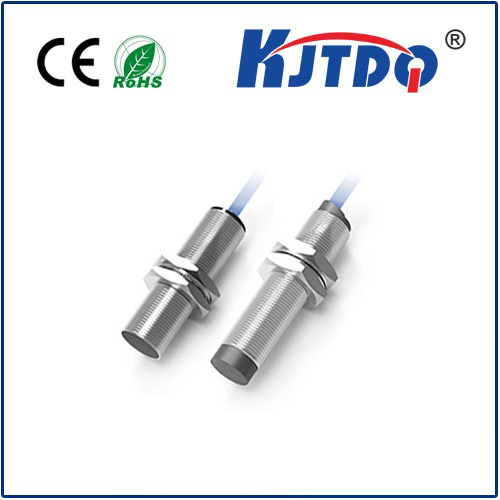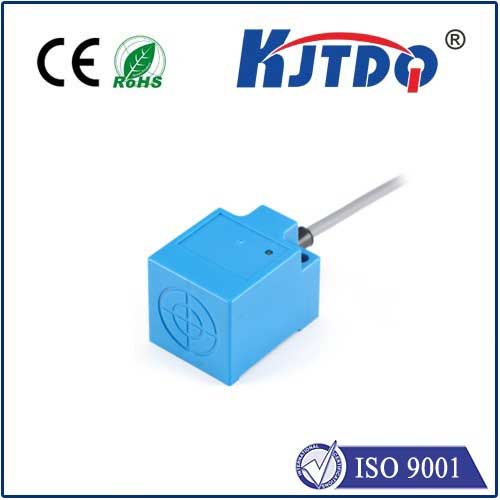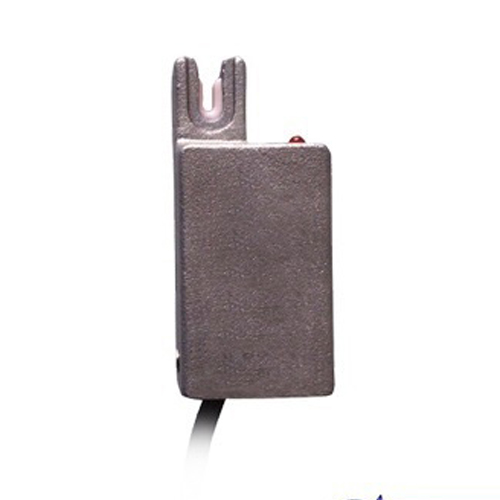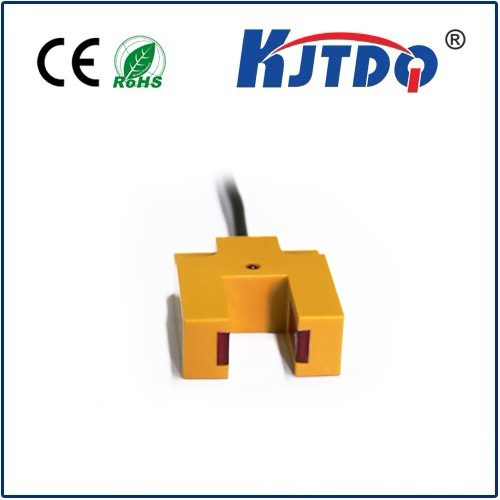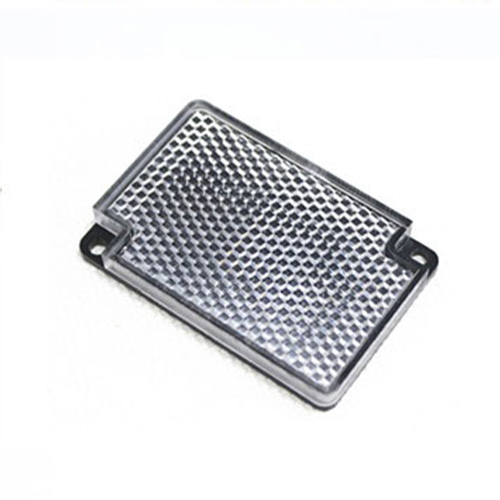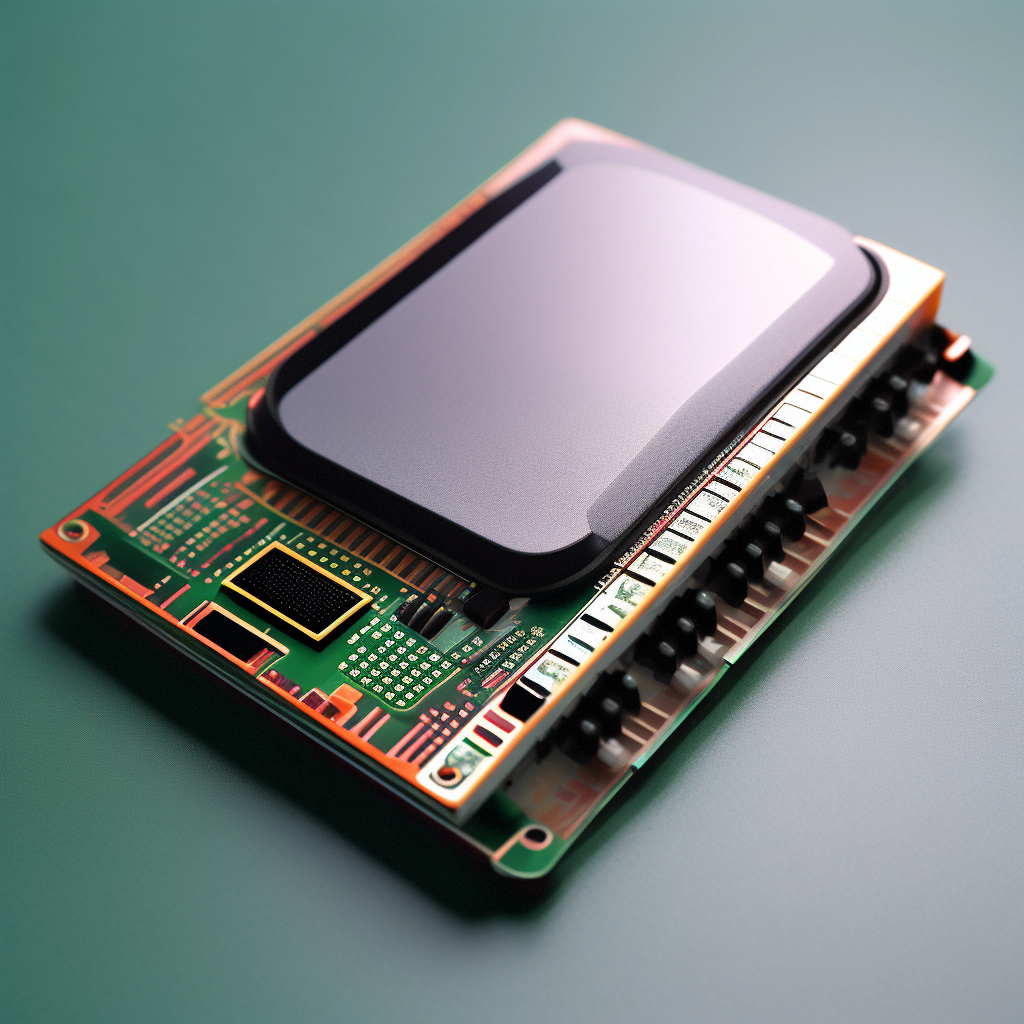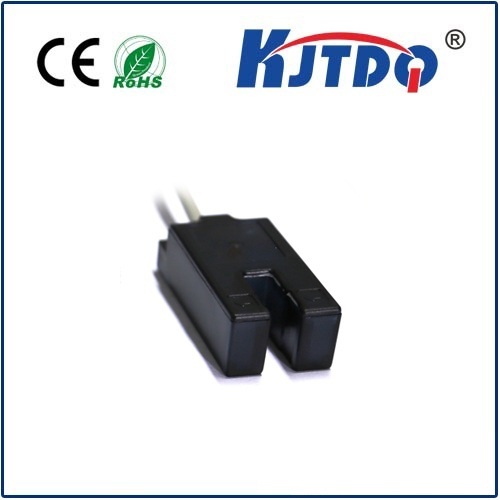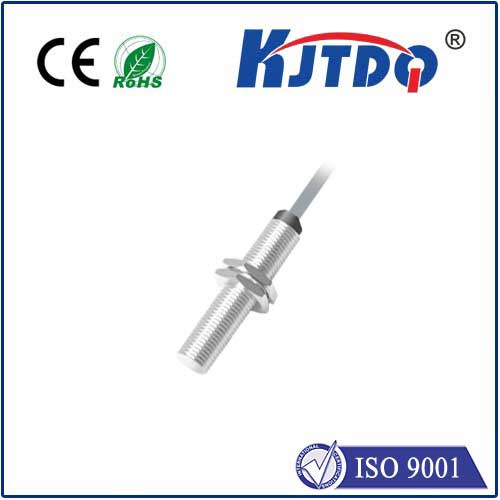

check

check

check

check

check

check

check

check

check

check
Title: The Evolution of Laser Sensors in Industrial Applications
Introduction to Laser Sensors and their Importance in Industrial Sector
The laser sensor, also known as a lidar sensor, is a technology that uses lasers to measure distances or determine the presence of objects. This innovative technology has revolutionized the industrial sector by providing accurate and reliable data for various applications such as manufacturing, logistics, and autonomous driving. In this article, we will explore the evolution of laser sensors in industrial settings and their growing importance in enhancing efficiency and safety.
Historical Development of Laser Sensors
The idea of using lasers for sensing dates back to the 1960s when researchers began investigating the feasibility of creating a device that could measure distance with high accuracy. However, it wasn't until the 1980s that laser sensors gained significant attention due to their potential applications in industrial settings. Early prototypes were limited in range and accuracy, but advancements in technology over the years have significantly improved their performance.
Current State and Applications of Laser Sensors in Industrial Sector

Today, laser sensors are widely used in various industrial sectors due to their ability to provide precise measurements quickly and accurately. Here are some examples of how they are being applied in different industries:
1. Manufacturing: In manufacturing processes, laser sensors are used for quality control, inspection, and process optimization. They can detect defects in products, monitor equipment performance, and ensure compliance with industry standards.
2. Logistics: Laser sensors are also playing a crucial role in logistics by enabling automated warehouse systems that can sort, locate, and track inventory with remarkable speed and accuracy. This technology is particularly useful in complex environments where human intervention may be hazardous or time-consuming.
3. Autonomous Driving: Laser sensors are essential components of autonomous driving systems because they can provide real-time information about the environment around the vehicle. By using cameras and laser sensors together, vehicles can detect obstacles, calculate distances, and make informed decisions based on data gathered from both sources.
Benefits of Laser Sensors in Industrial Settings
The advantages of using laser sensors in industrial settings are numerous:
1. Enhanced Efficiency: Laser sensors enable automation and real-time monitoring, which can help reduce production costs and improve efficiency by reducing labor needs, optimizing workflows, and minimizing downtime.
2. Improved Safety: Laser sensors can detect hazards and prevent accidents by providing early warning signs. For example, they can detect obstacles on factory floors, warn workers of incoming vehicles in logistics facilities, or alert self-driving cars to potential dangers on the road.
3. High Accuracy:激光传感器具有非常高的精度和测量范围。这使得它们能够在恶劣环境下进行精确测量,例如在高速移动的车辆、繁忙的工厂区域或复杂的物流环境中。
Conclusion: The Future of Laser Sensors in Industrial Settings
As technology continues to advance, it's clear that laser sensors will play an increasingly important role in industrial settings. With their ability to provide accurate data quickly and reliably, these devices will continue to enhance efficiency, safety, and productivity across various sectors. As such, companies looking to stay ahead of the competition should consider investing in laser sensor technology to gain a competitive advantage in their respective industries.
